New book dives into the history of Buxton pubs - shining a light on everything from death to mysteries
and live on Freeview channel 276
Author and historian Julian Cohen has written a new book - ‘Buxton Pubs - Stories of our past and present inns, alehouses, taverns, pubs and bars’ which tells the stories of 32 current pubs and bars, 19 that have closed since 1945 and 11 inns, taverns and alehouses from way back that closed a long time ago.
He said: “I’m a regular pub goer and I knew we had a lot of pubs in Buxton considering its size and it just sparked my interest.”
Advertisement
Hide AdAdvertisement
Hide AdThe book became a lockdown project and he spent his time researching the town’s boozy history to stave off the boredom.
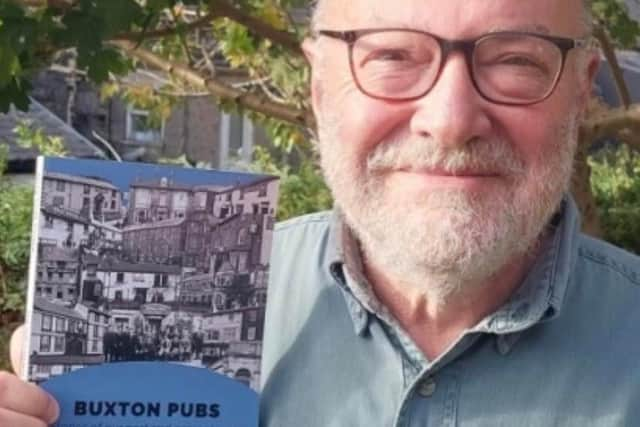

He said: “When you start looking you uncover so much that you didn’t know.
“I live on Victoria Park Road in Fairfield and thought I knew the area quite well but I was surprised to learn there used to be a pub on Windsor Road called The Swan With Two Necks so I had to knock on the door to find out more.”
Taking a look back at the older inns and alehouses in the area Julian explains why there are so many.
Advertisement
Hide AdHe said: “Buxton is the centre of the country and when trade routes opened up for those travelling by horse and cart this was the perfect place to stop.
Advertisement
Hide Ad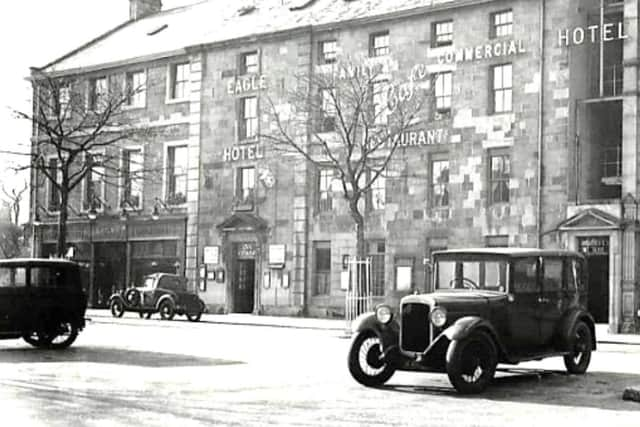

“For those travelling north, or a pit stop for those heading south and a convenient place for those on the east and west route.
“So seizing on this, lots of inns and pubs with rooms opened up.
“We have some very old inns in the area and some still open today like The Queen’s Head, The Sun Inn and The Cheshire Cheese, and some recently closed like The Eagle.
Advertisement
Hide Ad“Back in the day there was an inn or alehouse for every 50 people in the town, now it has one pub for every 700 people.”Lesley says the most interesting part of writing this book was meeting the publicans, licensees and customers.
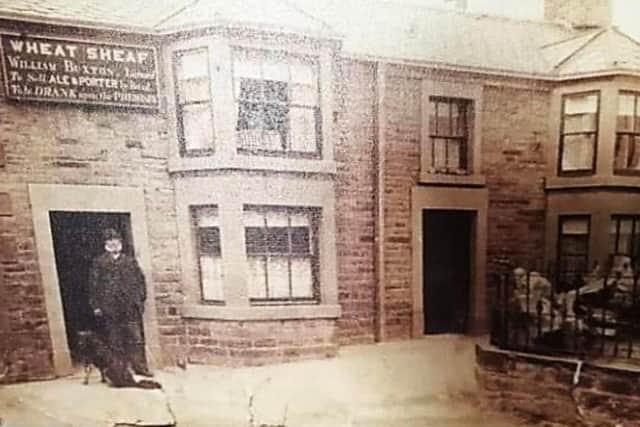

“Everyone has a story to tell and a memory to share and everyone is so passionate about talking about why they love their local and what it means to them.
Advertisement
Hide Ad“I’ve been told seven different stories about how The Blazing Rag got its name.
“Some say it comes from Romany gypsies and their camping horses when they lit sticks with rags on to light their way.
Advertisement
Hide Ad“Others say it has its name as the site used to be a rag house and where the rag and bone men brought their scraps.”
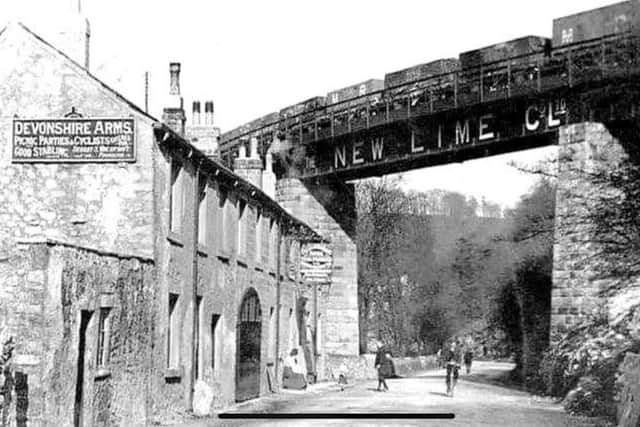

But it’s not just names which are discussed in the book it is also looks at how things have evolved.
Attitudes to drinking have changed over the years he says.
“People used to drink a lot of beer because the water wasn’t safe to drink - even children.
Advertisement
Hide Ad“Children used to drink something called a small beer, which was a lower percentage but still alcohol.
“It was the culture and way of life.
Advertisement
Hide Ad“But now attitudes have changed and less people are drinking beer and the water is safe to drink.
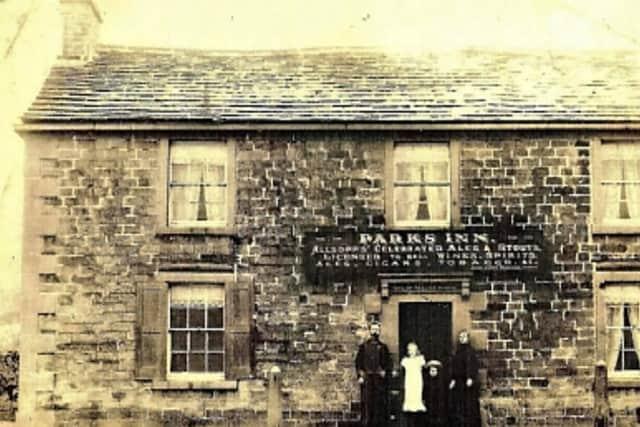

“So the need for these traditional alehouses has dwindled.
“And some drinking establishments have been lost forever.
“Burbage used to have three pubs and now it doesn’t have a single one which is such a shame but just a reflection of how things have changed.
“And although there are pubs, things have diversified in order to stay open.
“There are venues which are cafes in the day and then bars in the evening.”
Advertisement
Hide AdAdvertisement
Hide AdHe says it is not just what pubs are selling but also how they are used.
“The pub used to be a social hub, The Railway was a prime example - it was like a community centre where there was something going on each day.
“But as the pubs have been refurbished and everyone is going open plan the little nooks and community rooms have been lost.”
Julian’s new book looks at the darker side of Buxton’s pubs as well.
Advertisement
Hide AdHe said: “I look at the murder outside The Eagle, and also how four licensees have sadly taken their lives in their own pubs.
Advertisement
Hide Ad“I was unsure about including it but mental health is something we should be talking about and if it means we all look out for each other a bit more then I think it's an important part of the town’s history to cover.”
The book is only 200 pages long as Julian wanted to make it accessible for everyone and not too large and off putting.
It has been published by the Buxton Civic Association with all proceeds going back to the civic association.
Advertisement
Hide AdJulian added: “It’s been a bit of a journey but one that has got me into the history of the town and one I have loved researching and talking to people about their love of Buxton pubs.”
The official launch had to be in a Buxton pub and The Queen’s Head had the honour of the celebration.
Advertisement
Hide AdBuxton Pubs - Stories of our past and present inns, alehouses, taverns, pubs and bars is £10 and available from Scriveners Bookshop, High Peak Bookstore, Brierlow Bar, Buxton Visitor Centre at the Pump Room, Poole’s Cavern, Buxton Museum on Terrace Road and High Street Post Office and High Street Newsagents both in Higher Buxton.